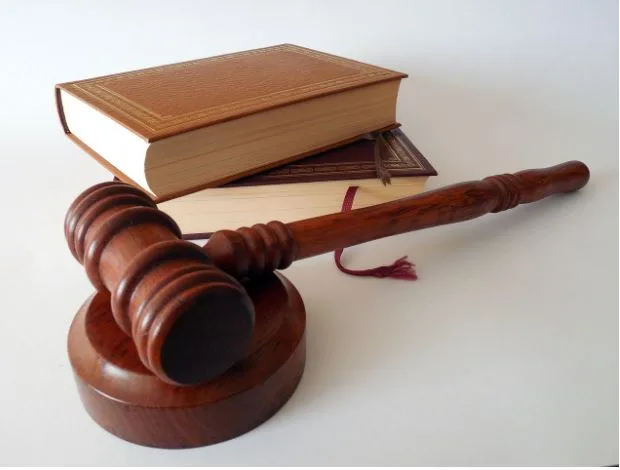What to Do After an Arrest in 2025
An arrest throws your world off balance. Stress kicks in fast, and mistakes come easy when you’re caught off guard.
Knowing what to do next can protect your rights, keep things from escalating, and help you stay ahead of the legal process. This guide outlines the steps to take after an arrest in 2025.
Stay Silent and Request a Lawyer
Police may ask questions that feel routine, but every word can be used against you. Remaining silent protects you from giving details that might complicate your case.
It would be best to ask for a lawyer as soon as questioning begins. Legal counsel ensures that your rights stay protected and that law enforcement follows proper procedures.
A good lawyer should have experience with the charges you face and be familiar with the local court system. For example, if you got arrested in Friendswood, having someone who understands DWI and criminal defense in Friendswood, TX, gives you an edge.
Do Not Consent to Searches
Officers often request to search your car, home, or phone. Many people say yes out of pressure, but giving consent takes away essential protections.
Courts treat consent as permission, making it more difficult to challenge evidence later. Saying no keeps that option open.
Search warrants require a judge’s approval. Without one, officers must respect your refusal, and your defense stays stronger from the start.
Lock Your Phone with a Passcode, Not Biometrics
Your phone stores personal data, including messages, location, photos, and call history. Law enforcement knows that. During an arrest, they may try to access it without a warrant.
Face ID or fingerprint unlock can be used without your consent in some jurisdictions. Courts have ruled that physical features aren’t protected the same way as passcodes.
A numeric or alphanumeric passcode gives you a stronger legal footing. It’s treated like knowledge, not a physical trait, so you can’t be forced to reveal it.
Contact a Trusted Person Discreetly
You usually get one phone call after an arrest. Ideally, choose someone reliable who can quickly reach a lawyer or handle urgent matters on your behalf.
Police may listen in, especially if the call isn’t to legal counsel. Therefore, keep your words brief and refrain from sharing details about the incident.
Provide only what’s necessary, such as location, charges (if known), and the name of the person to contact next. Staying calm helps the person on the other end stay focused, too.
Prepare for the Booking and Arraignment Process
Booking involves fingerprints, photos, and a record of your charges. You might sit in a holding cell for hours, depending on how busy the jail is.
Your arraignment usually happens within 48 hours. At that hearing, the judge formally reads your charges and asks for a plea, typically “not guilty” at this stage.
Bail may be discussed. Having a lawyer or someone ready to help with a bail bond can make a big difference in how fast you’re released.
Conclusion
Standing up for yourself after an arrest is never easy, especially when the pressure is on and time feels tight. Each step, even small ones, can shift the balance toward a fair outcome.
Courage, quick thinking, and solid legal support change the story. The next decision could shape your future, so take it with intention and look ahead.





